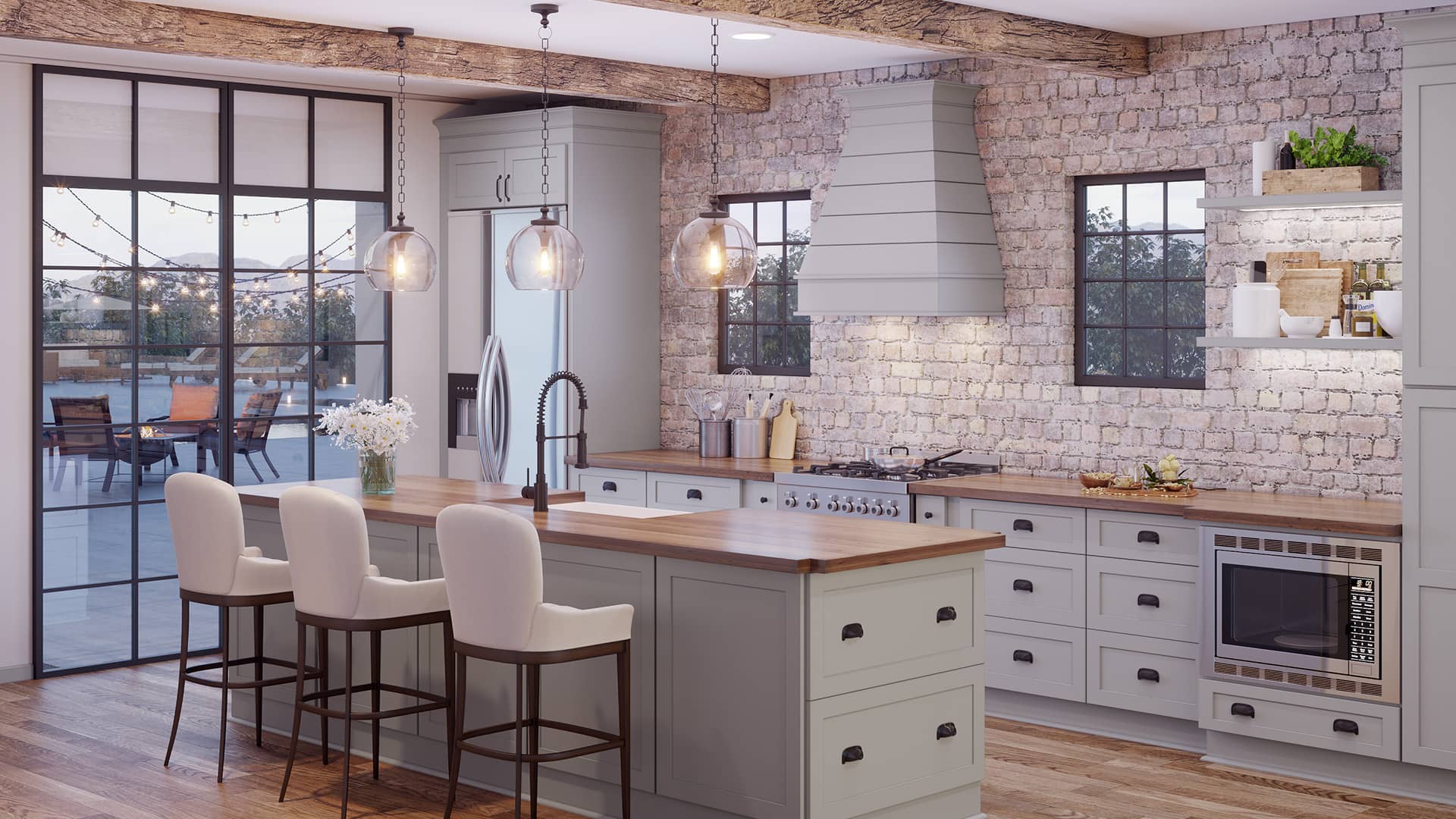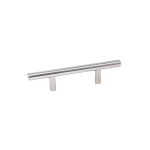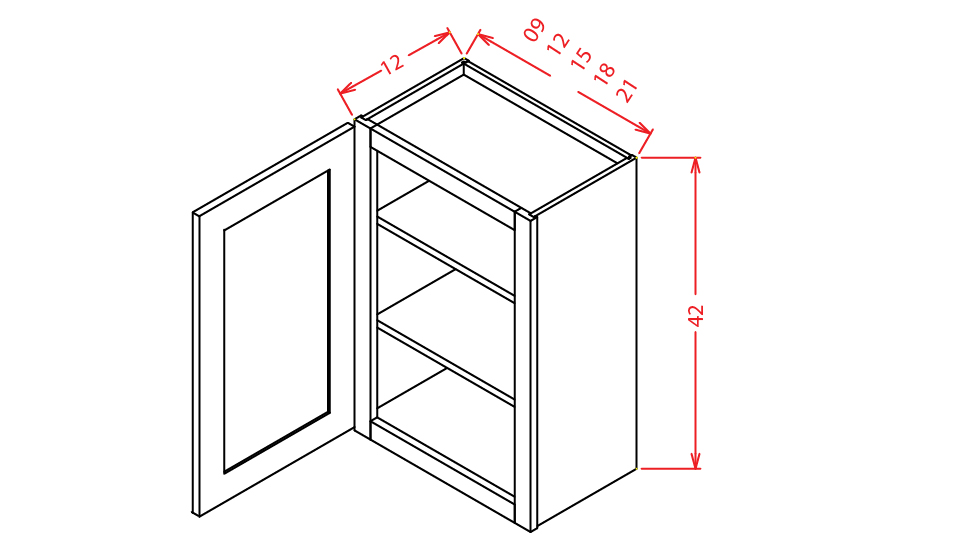BLURB: In every industry, there are some people who do really well compared to the rest. Trying to learn from these successful people is the first step towards achieving success yourself. Read on to discover the lessons successful house flippers can teach you about the business.
If you had to describe the real estate market today in one word, it would be “tough”. With housing prices steadily increasing, it’s getting tougher to be a retail home buyer, leave alone be a house flipper. The inventory of derelict homes to which a flipper can add value and make profits is getting slimmer and flippers need to scour deeper to find houses that make sense money-wise. However, the number of people trying their hand at real estate investment, particularly the house flipping business, hasn’t waned, with Millennials viewing it as a cool venture.
What matters in the end isn’t how many people want to flip houses. Rather, it’s the number of people who manage to succeed, irrespective of market conditions. Newbie house flippers have a lot to learn from those who’ve made a name for themselves in the industry.
Here’s a roundup of seven lessons that every flipper should learn from successful rehabbers.
-
The Right House to Flip
The old adage that you make your profit when you buy will never lose value in the house flipping business. The house you choose to flip will make or break your career so choose wisely.
When looking for the right house to flip, keep in mind:
- Know Your Neighborhood
It’s the most important kind of research you will do as a flipper. Study the neighborhood where you plan to invest and understand if the housing prices there are going up or down and the reasons for it; is it a relatively new neighborhood or one that’s been around for quite sometime; what kind of amenities does the neighborhood have easy access to, like schools, places of shopping and entertainment; and what kind of people live there and whether it’s a safe area. Knowing such details about the neighborhood will help you decide whether or not you must invest in a property there and that’s half the battle. Successful flippers are those who know that even the best house, priced the lowest on the block will not sell in a bad neighborhood.
- Locate Motivated Sellers
The kind of houses that flippers find appealing are priced far below the market and usually there’s a reason behind it. Successful flippers are those who know how to identify sellers with reasons to sell at such low prices. In other words, they know how to find the most motivated among sellers and make an offer that’s irresistible. When you find motivated sellers, you’re cementing your prospects for making a huge profit even after you’ve done a great job on the flip and sold below the median market price.
- Patience is Key
The main difference between a novice and a veteran flipper is their patience levels. While newcomers make decisions in haste, the successful flipper knows they need to be patient until the right house turns up on the radar. They never get emotionally attached to a property and make every decision with patience and clinical precision. In short, you don’t become successful by jumping the gun but by waiting your turn and making the best of it.
-
Money Always Matters
While it may be true you don’t need a whole lot of money to begin your rehabbing career, you do need a good understanding of the sources you can tap to finance your flip. What you also need is a good grasp of the numbers that reveal whether or not a house is worth your time and investment.
Successful flippers never make a mistake in these matters of money:
- Paying the Right Price
The most basic tenet of house flipping is to buy a house well below the market price, upgrade it with restraint and sell it for a profit. As straightforward as that sounds, it isn’t easy like the TV shows make it out to be. The successful among flippers are those who know how to correctly estimate the After Repair Value (ARV) of a house. They use their understanding of the neighborhood and the real reasons motivating the seller to negotiate better and get the lowest possible price.
- Finding the Right Kind of Financing
Successful flippers, thanks to their great track record, have access to a variety of financing options for their flips like both private and hard money lenders. Or, they use profits from a previous flip to buy their next deal entirely with cash. They understand that hard money lenders, who care more about the asset in question than your credit history, charge a higher rate of interest. Such flippers are also aware of their moral obligations when borrowing money from friends and family (private lenders) and most importantly know that buying with cash helps them avoid interest entirely. Finally, they stay abreast of the tax implications for all these financing options.
-
Doing Due Diligence
Whether you are a rehabber or a retail home buyer, there are somethings you just shouldn’t waive. While it might delay the closing of the house, it will help you sleep better if you know you’ve done your due diligence.
Those who succeed at flipping houses never do the following:
- Skip Home Inspection
A professional home inspector is your best bet when it comes to understanding what kind of repairs or fixes a house will require. Most houses will require only cosmetic fixes like, knocking down a wall to create a more open floor plan or redoing the kitchen and bathrooms and giving the house a fresh coat of paint and throwing in a bit of landscaping. However, when a house sells far below market price, you need to make sure there aren’t any hidden issues like a cracked foundation, rusty plumbing pipes, pest infestation or mold. Successful flippers not only make home inspections compulsory, they also use the results to their advantage in the negotiation process.
- Underestimate Repair Costs
With everything that their thorough home inspection turned up, veteran flippers make estimates of all the fixes required. Their estimates don’t include just cost of materials or just the cost of hiring professionals to do the job. Instead, it’s a complete roundup of all the costs involved in upgrading a house: the materials, the time and the cost of hiring professionals.
It’s only with such an accurate estimation, they are able to determine the real ARV as well as the Maximum Allowable Offer (MAO) for the property.
- Hire Contractors Without Background Checks
The idea of due diligence doesn’t end with finding out everything about the property for flippers who succeed. It extends to everybody involved in their project: General contractors and subcontractors, if any. Successful flippers know that the quality of the professionals they hire will decide the fate of their flip. Therefore they make the effort to interview multiple contractors to find the best fit; do background checks on them; and ask for client testimonials and photographs of work done from previous jobs.
-
Beginning Work Before Closing
Successful people from all walks of life have one thing in common: They do the groundwork for their project even before it’s time to begin working. Experienced house flippers are no different and set in motion many things while they are waiting to close on their next flip.
Here are three things that most successful flippers do ahead of time:
- Line Up Contractors
While you’re waiting to complete all the legalities involved in acquiring your next flip, make the effort to line up contractors you will be working with on the project. Those who are successful at the rehabbing business make sure they’ve interviewed all contractors who made bids to work on the project, instead of hiring in a hurry; conducted thorough background checks on them; and aligned the project timeline with the availability of the contractors. They do all this before they close on a house so that they can start working as soon as possible.
- Create Scope of Work
It’s the easiest thing to lose track of all the things that need to be done when flipping a house. Also it’s the fastest way to get into unnecessary arguments with your contractor. Successful flippers avoid all that drama by making a simple, yet detailed to-do list for each and every room of the house, a.k.a, scope of work. Armed with such a list, your contractors will be able to get things done much faster and without errors as well.
- Secure Vacant House Insurance
You’ll thank yourself for thinking of insurance if and when something goes wrong at the house you’re flipping. Most successful flippers secure their flips with a vacant house insurance that comes with built in builder’s risk protection. Vacant houses tend to attract vandals and homeless people like flies to honey. If there is any damage done or materials stolen, your insurance will be a huge lifesaver.
To Be Continued…




























































